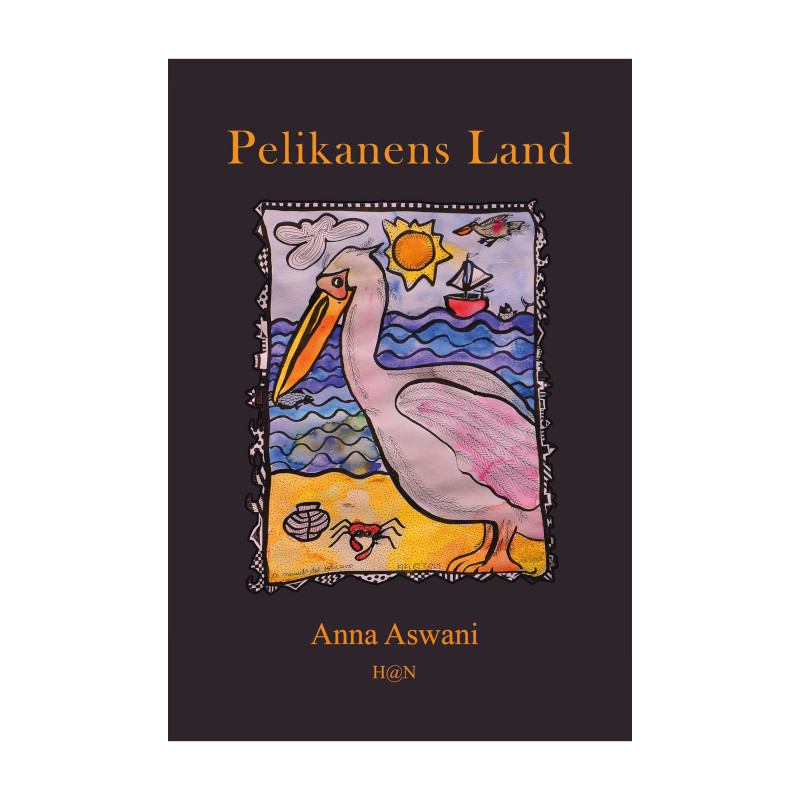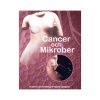Land of the Pelican – By Anna Aswani (Böhlmark)
During the long journey along the undulating paths of the Santiago Trail, we follow the author’s destiny. Like a roller coaster. It is not only an external journey, a difficult physical challenge that requires endurance and mental strength, but above all it is an inner journey. A journey that is about a woman’s quest for awareness, self-knowledge and contact. Contact with nature, with herself, with her mother, with the world, with her mother, with life, and perhaps most difficult of all – contact with her innermost space, love. Only then could she reach freedom.
Review / Helena Janlöv Remnerud:
The Land of the Pelican is a 3-part story about a woman’s reflections on what has shaped her life and how this has affected her relationships with men. Step by step, we follow Anna’s life reflections and the insights she comes to. What is it that makes her toss between closeness and rejection? How has her relationship with her mother and father affected her life situation and the choices she has made as an adult woman?
Walking with her mother along the Santiago trail, we follow her as she looks back step by step at all her relationships – both with her parents, who divorced early in her life, and with the men she had as an adult. Could these be connected?
The book insightfully depicts what happens emotionally when a person in his childhood is exposed to a sudden break in the emotional bond with the most important attachment – that to the mother – which in the book happened to the protagonist’s father. The book skillfully depicts how this break can result in borderline-like behavior, which means difficulties that result in the person not being able to see their own role in a relationship, but only perceiving it as others being unfair, mean or hostile. This leads to frequent disruptions in both social and close relationships, which in turn spills over into the next generation – similar to the experiments done with baby monkeys, all of which showed the importance of giving growing primates more than food, the importance of love.
The book shows, just like the experiments with the monkeys, that if the early warmth and love that is a foundation for the child to create its own platform of self-confidence and innate sense of happiness in life is missing, the child seeks to find other solutions outside itself. This book touches in depth both with its descriptions of the wounded little child’s path to insight and the strength that can be found in nature experiences that the hike along the Santiago trail and all the way to the final destination Finisterre, with its symbolic double meaning, contributed.





